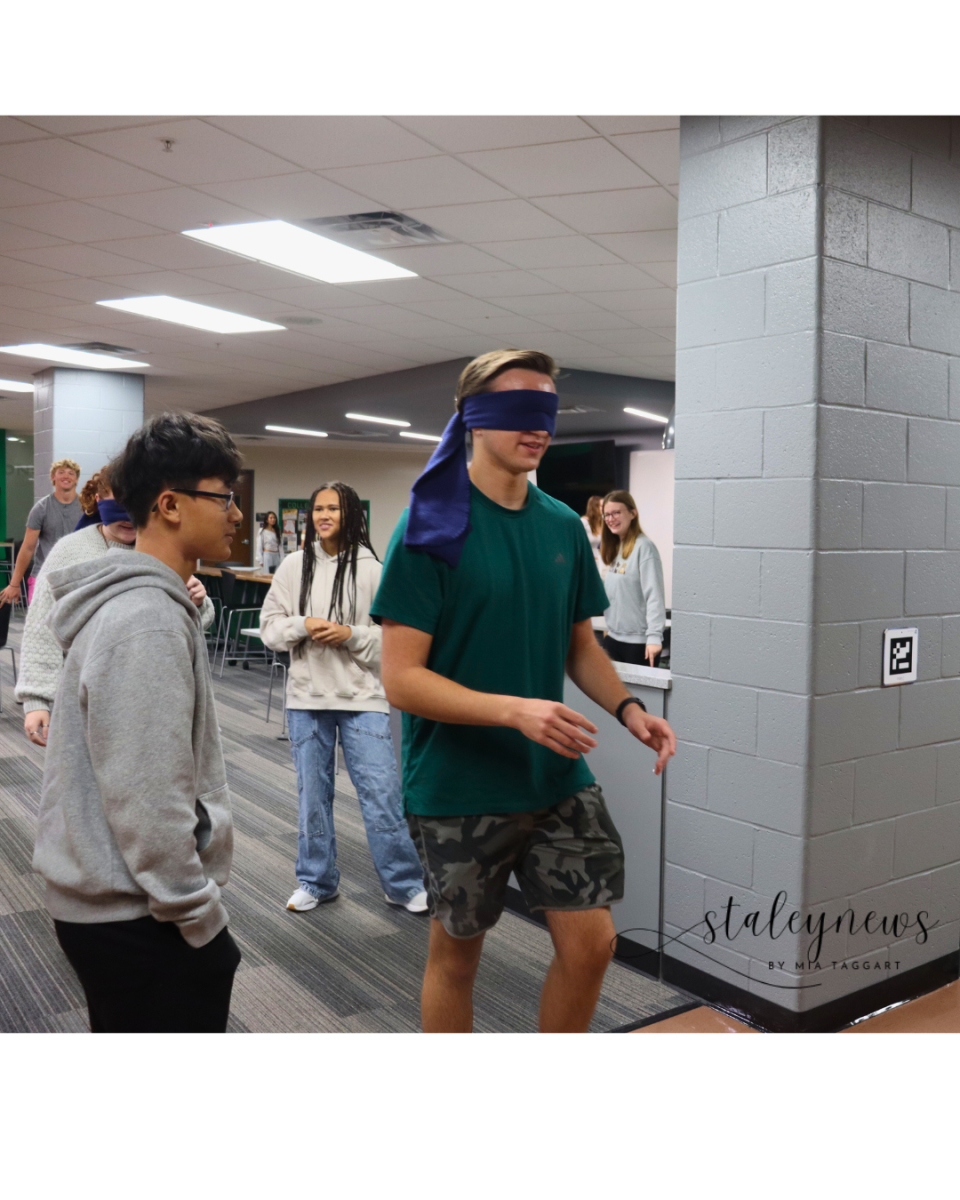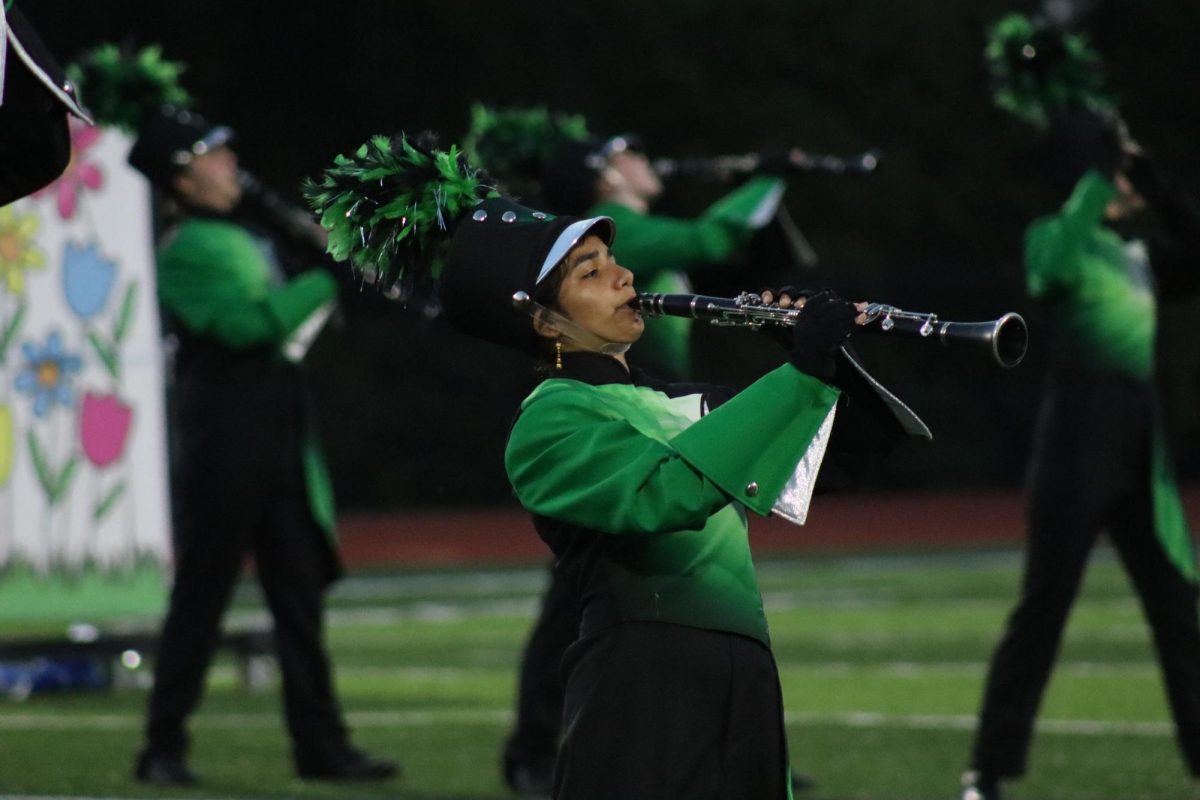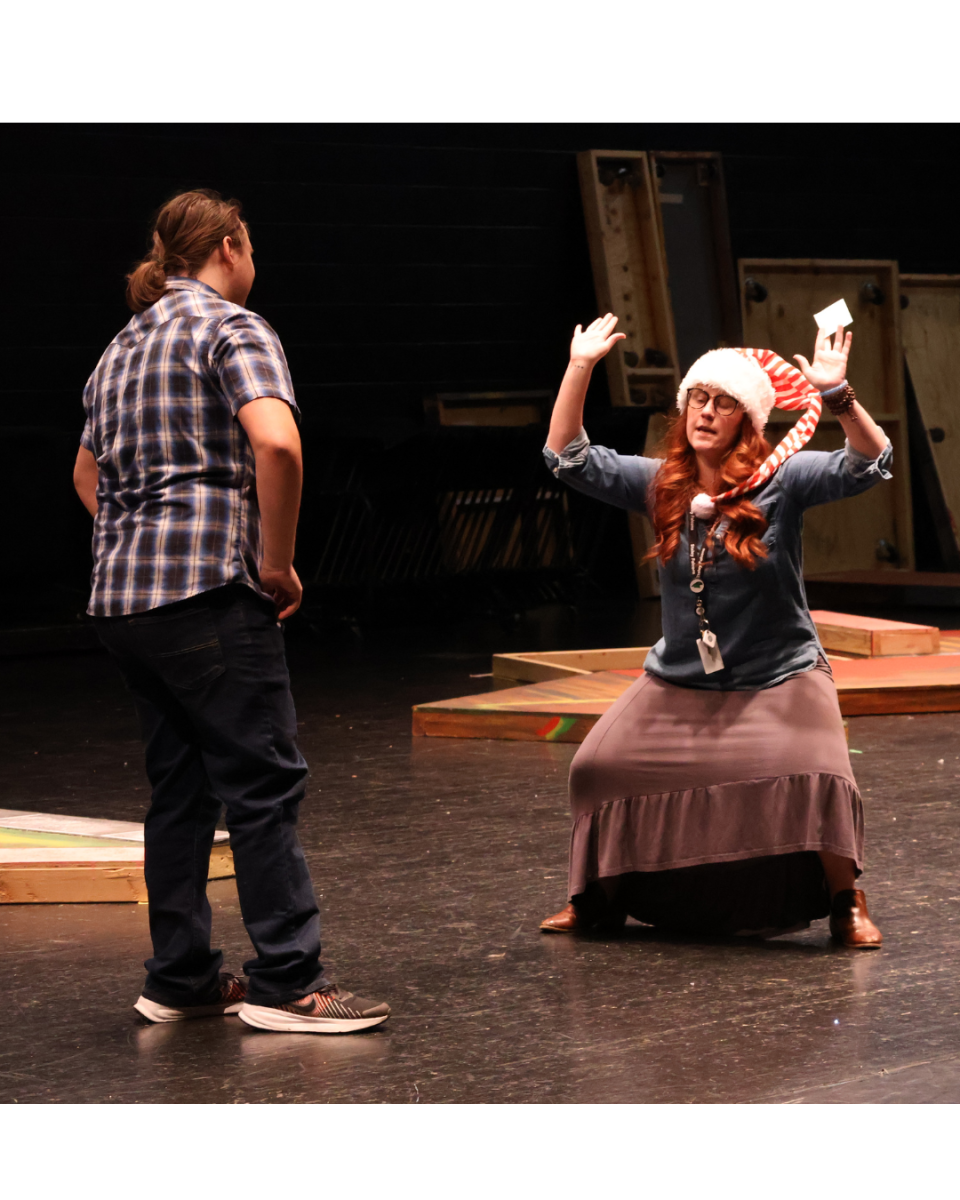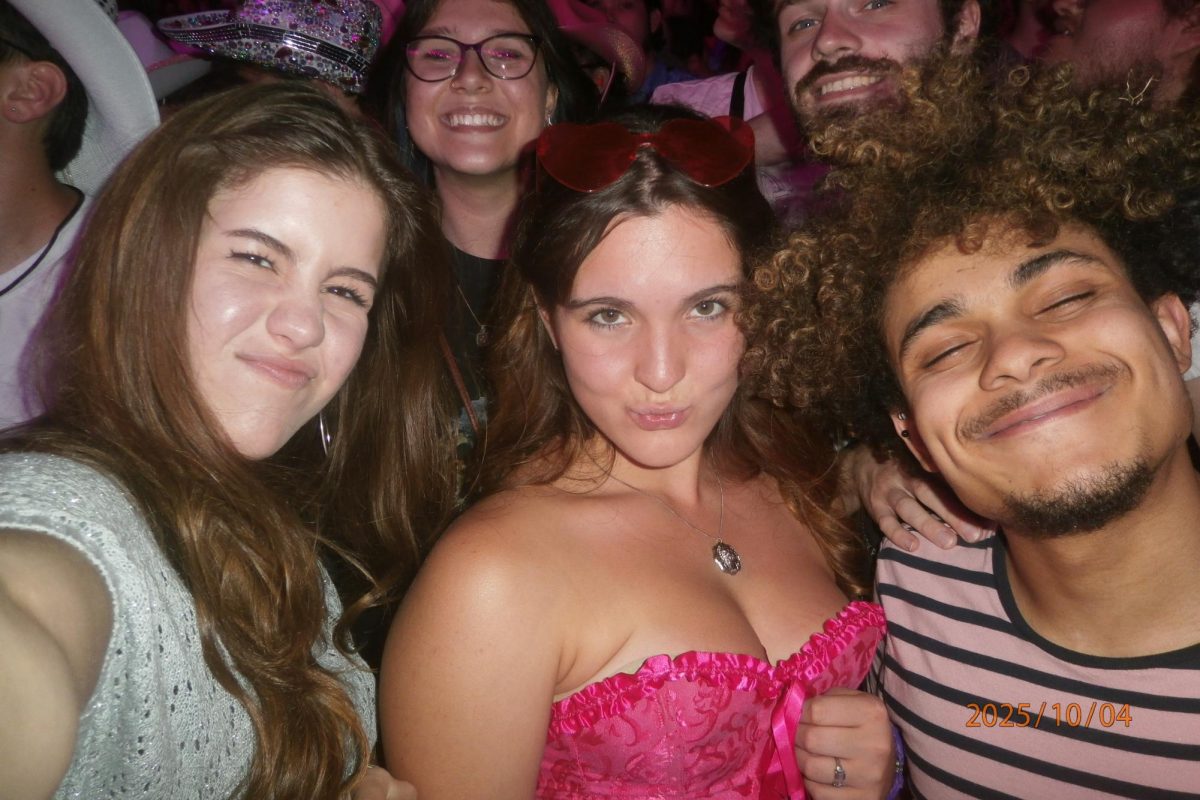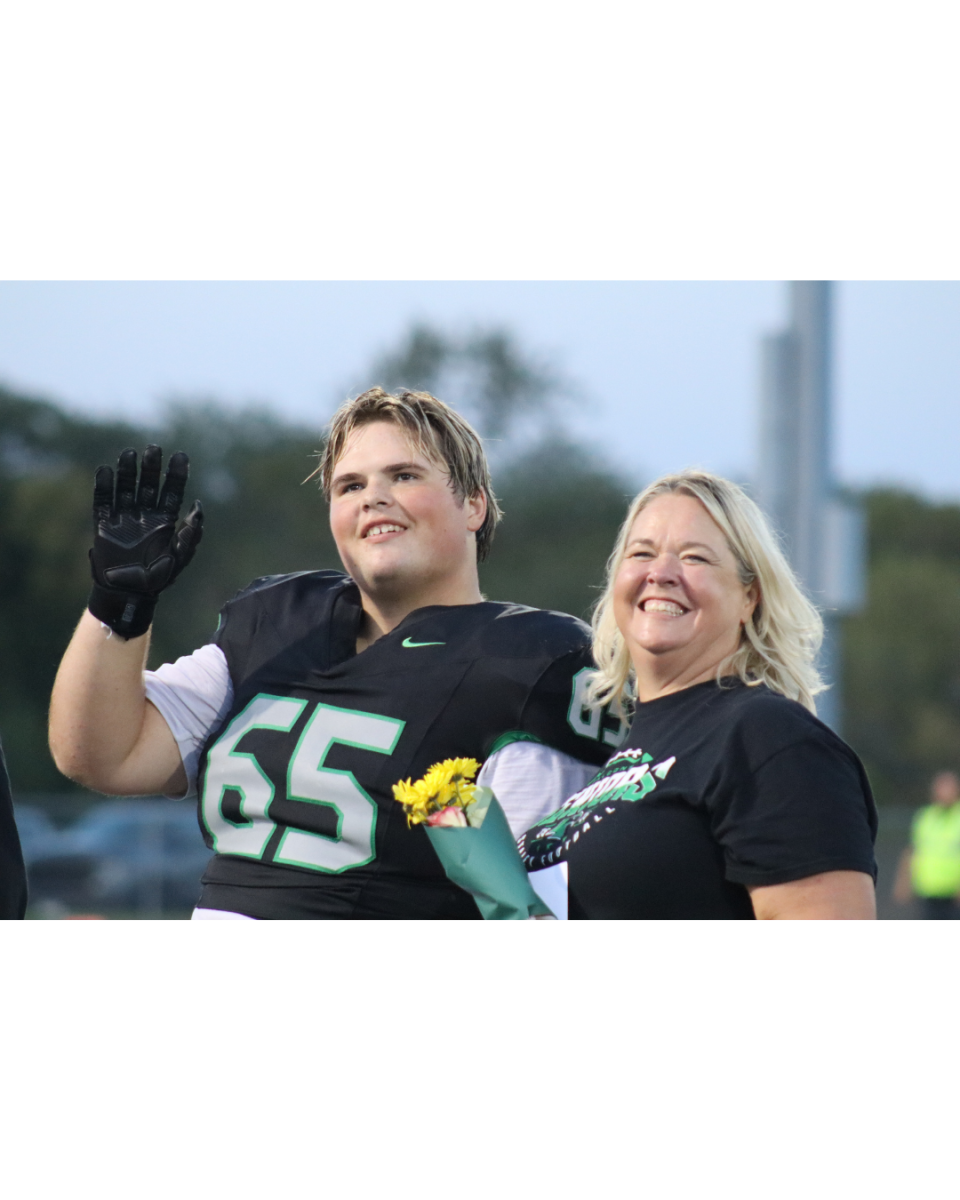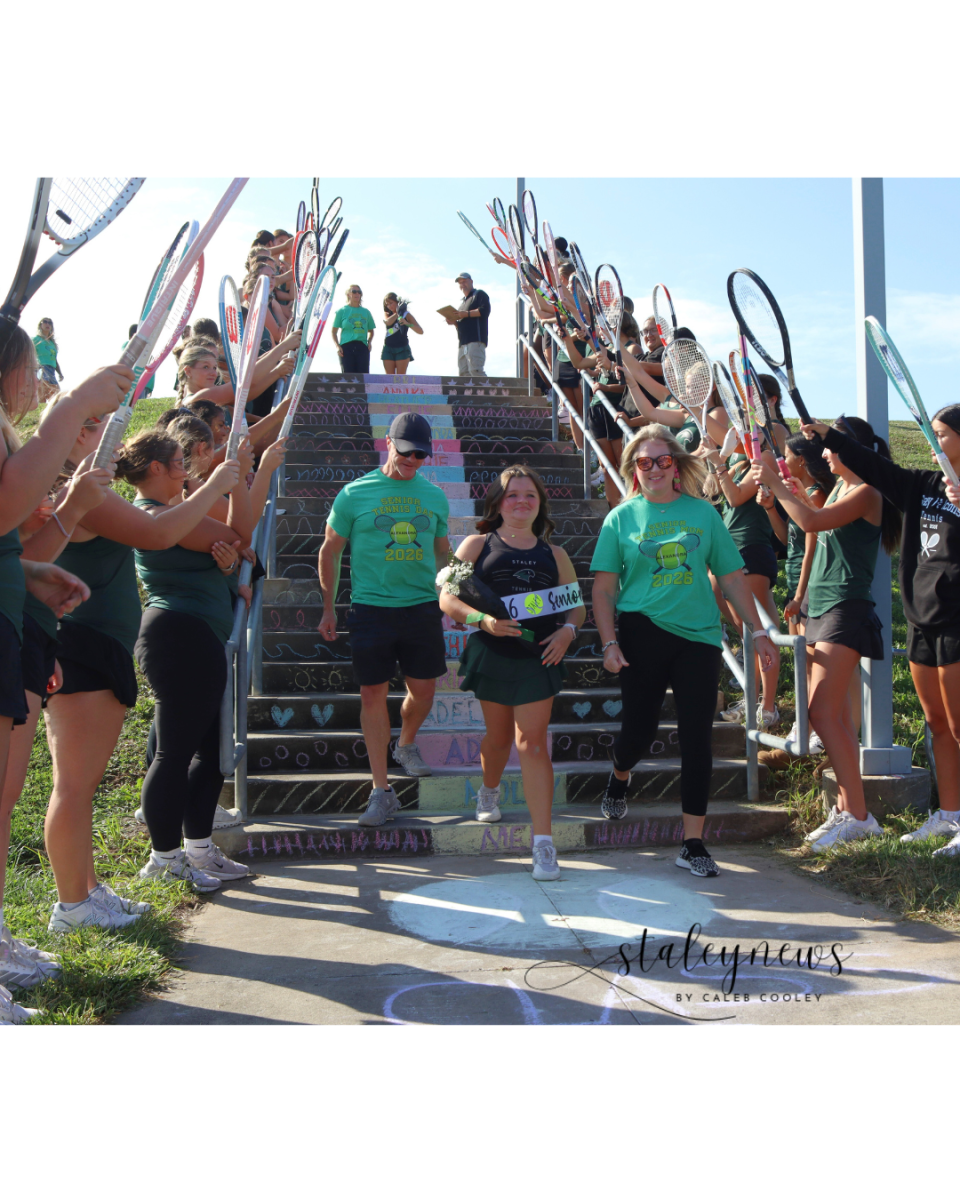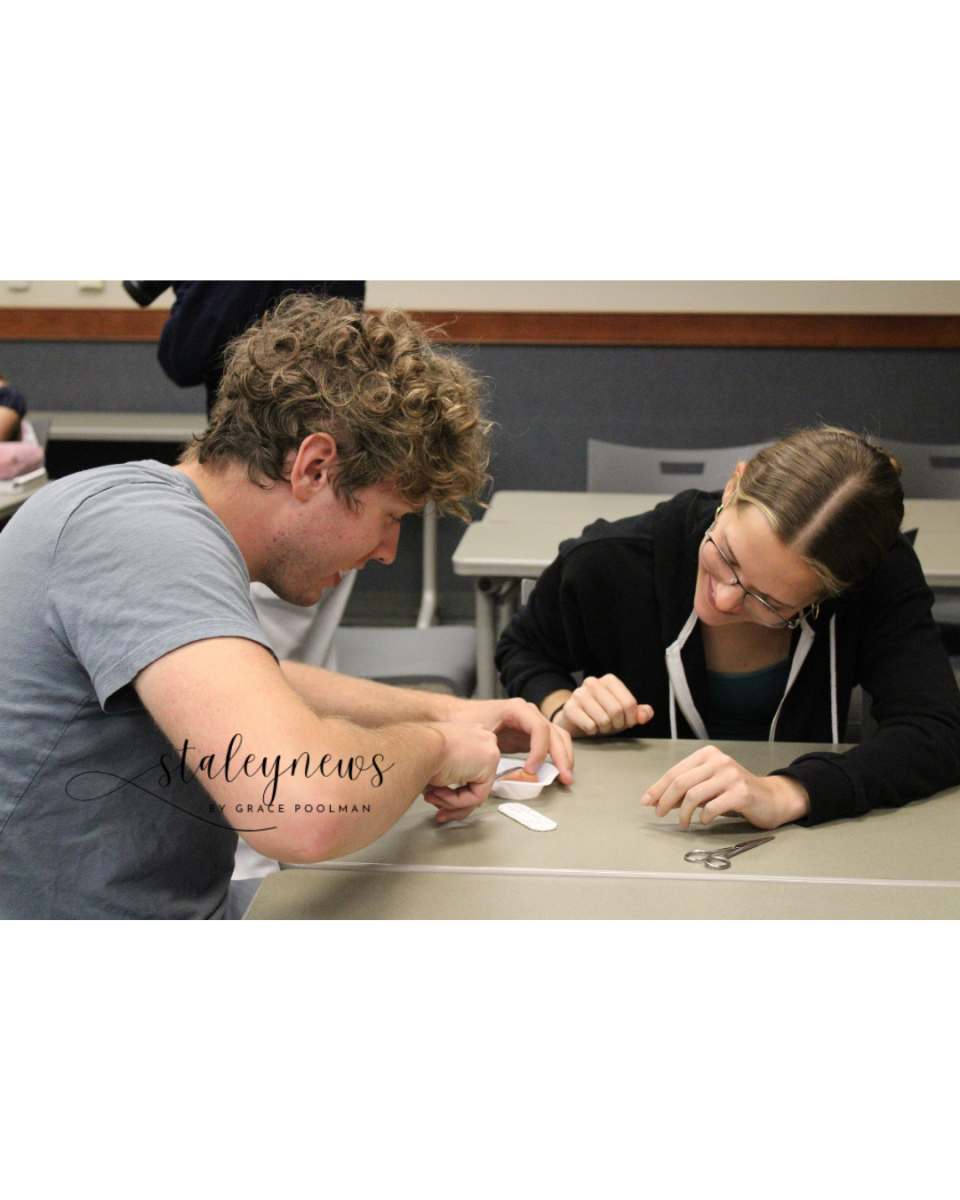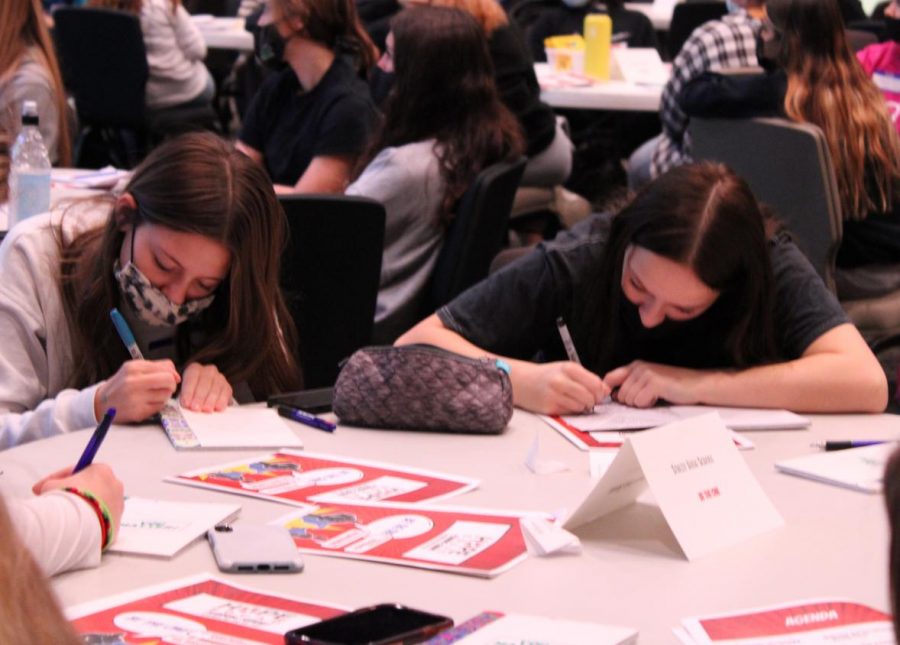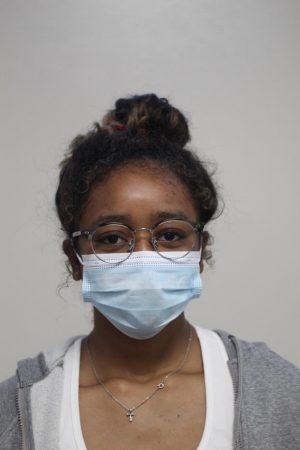Hope Squad Works To Change Stigmas
District Works With Organization To Address Mental Health
Members of the HOPE Squad work during a field trip Nov. 2.
November 10, 2021
While school counselors try to help students process what they are going through, sometimes it can be hard for teenagers to come forward to an adult and be open about something so personal.
“Sometimes I think with mental illness it can be difficult to admit to others you are struggling with something,” said Hope Squad adviser Paige Schillig.
Hope Squad is a new peer-based suicide prevention program in schools throughout the district. Students who are considered “kind and considerate” are nominated by peers to provide support to students in need. Hope Squad members are trained to be observant of students who might be at risk, identify suicide warning signs and be a friendly face to every one.
“Research says that students usually talk to people their age or other students before going to an adult,” said Schillig.
Junior Libby Hihath is a part of the Hope Squad team, and said when she first learned about Hope Squad, she thought it would be a positive thing for the school.
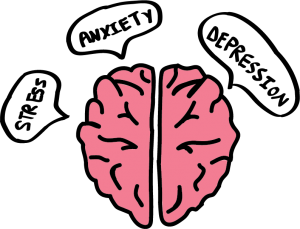
“I think Hope Squad is a good environment for people to be able to first, learn about mental health, or just other people so they can have more empathy toward people who are struggling,” Hihath said.
Hope Squad’s website said that the main goal is to reduce self-destructive behavior and youth suicide by creating change in schools and communities.
“I hope that it improves the community within the school and that people feel more safe and more welcome when they come to school,” Hihath said.
Junior Leyton Jenne wanted to be apart of Hope Squad after the suicide of a loved one.
“I hope that it creates a safe environment and inspires more awareness for people who need someone to talk to,” Jenne said.
Hope Squad works to change the stigmas surrounding mental health and suicide by creating awareness and making known the tools available to prevent suicide. While Hope Squad members are there to provide support as a friend, they are not meant to replace a therapist or counselor. Hope squad members are trained under the acronym A-C-T. Acknowledge, Care and Tell.
“Acknowledge the person’s feelings and what they are going through, tell them you care about them, and tell an adult if they are worried that they might harm themselves or others,” Schillig said.
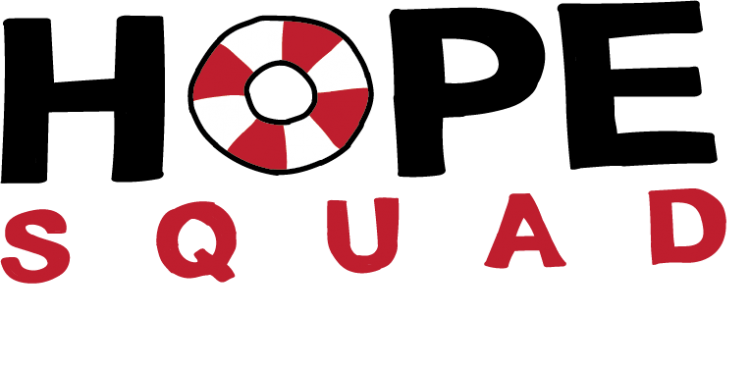
If a student seems at risk, Hope Squad members encourage the student to talk to an adult. Hope Squad members are required to seek help from an adult any time they have a concern.
Students are curious to see how Hope Squad impacts the school. Junior Enigma Addis said it’s something the school has never had before.
“I’d honestly really like to see how it goes and how this can improve our school and the way we do things here,” Addis said. “If it helps to keep kids safe and more comfortable talking to somebody, then yeah, I’m all for it.”
Freshman Lauren White said it was a good decision for the school.
“I think it’s a good thing to have because it can really help people,” White said.
Hope Squad creates an environment to have important conversations about mental health.
“I hope it accomplishes its main goal which is to help students and improve the school in any way it can,” Hihath said.

